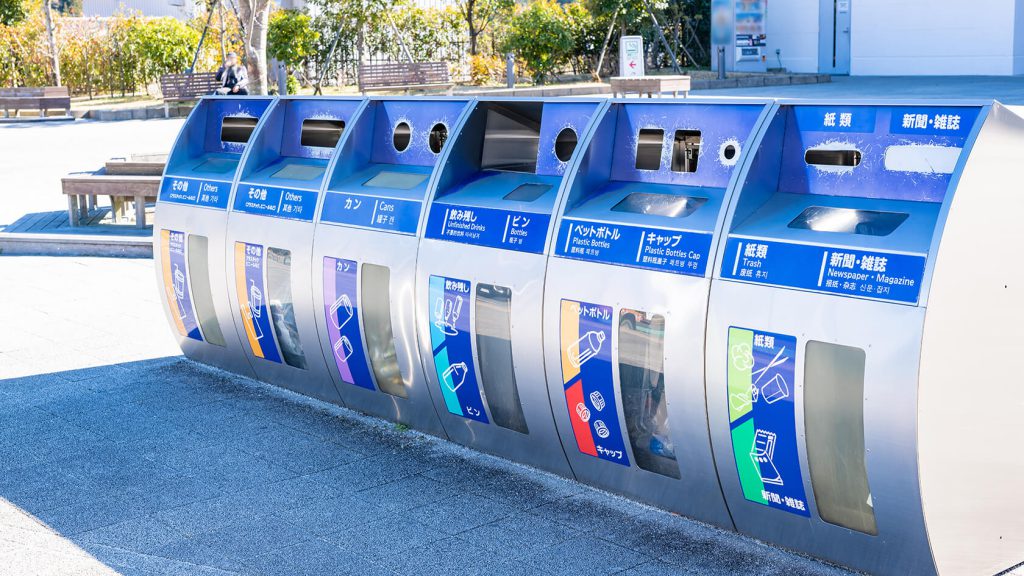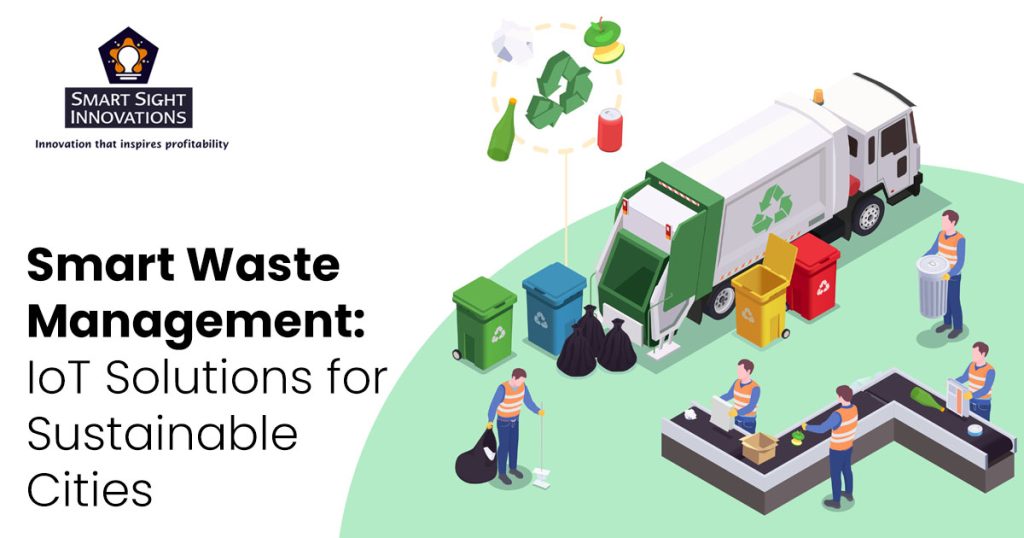A grant for Clean Sri Lanka : Why Waste Management Matters and Lessons from the World

Sri Lanka is taking a crucial step forward in tackling one of its most pressing environmental challenges—waste management. With Japan stepping in with a generous 300-million-yen grant under the ‘Clean Sri Lanka’ initiative, the country now has the opportunity to address inefficiencies that have long plagued its waste disposal systems. This collaboration signals not only an improvement in infrastructure but also a renewed commitment to governance and responsible development—an area where past missteps had strained international partnerships.
The Cost of Poor Waste Management
Waste mismanagement is not just an eyesore; it is a ticking time bomb for public health, the environment, and economic sustainability. Overflowing landfills lead to contaminated groundwater, clogged drains contribute to urban flooding, and inefficient waste collection disrupts daily life in cities and rural communities alike. The situation in Sri Lanka has often mirrored global struggles, where rapid urbanization outpaces infrastructural readiness. However, history shows that with the right strategy, transformation is possible.
Global Success Stories: Lessons to Learn
Sweden – Turning Trash into TreasureSweden has perfected the art of waste-to-energy conversion. Less than 1% of its waste ends up in landfills, thanks to a system that encourages recycling and uses incineration to generate energy. The country even imports waste from other nations to keep its power plants running—an inspiring example of how waste can be an asset rather than a liability.
Japan – A Culture of Recycling Japan’s meticulous waste sorting system is a testament to public discipline and effective policy. Citizens separate waste into multiple categories, ensuring recyclables are reused effectively. Moreover, its advanced incineration facilities significantly reduce environmental impact. Given Japan’s expertise in this field, Sri Lanka has much to gain from this renewed partnership.

Singapore – Smart Waste Solutions Singapore has embraced technology to streamline waste management, using pneumatic waste collection systems in residential buildings and data-driven waste tracking to optimize disposal. This level of efficiency not only keeps cities clean but also reduces long-term costs.

South Korea – Incentivizing Responsibility South Korea employs a volume-based waste disposal system, where households pay based on the amount of non-recyclable waste they generate. This incentivizes waste reduction at the source, fostering a culture of sustainability.

Japan’s Renewed Confidence in Sri Lanka
Japan’s decision to invest in Sri Lanka’s waste management infrastructure is a notable shift. In the past, relations were strained when Sri Lanka abruptly halted certain Japan-funded projects, leading to diplomatic disappointment. However, the current administration’s commitment to transparency and governance reforms has rekindled trust. The new grant will facilitate the procurement of 28 garbage compactors across the Western, Northern, and Eastern Provinces, significantly improving waste transportation and collection.
Beyond Infrastructure: A Call for Cultural Change
While new garbage trucks and waste facilities are vital, they are only part of the solution. Sustainable waste management requires a cultural shift—citizens must actively participate in reducing, reusing, and recycling. Public awareness campaigns, policy incentives, and stricter enforcement can help embed better waste habits into daily life.







